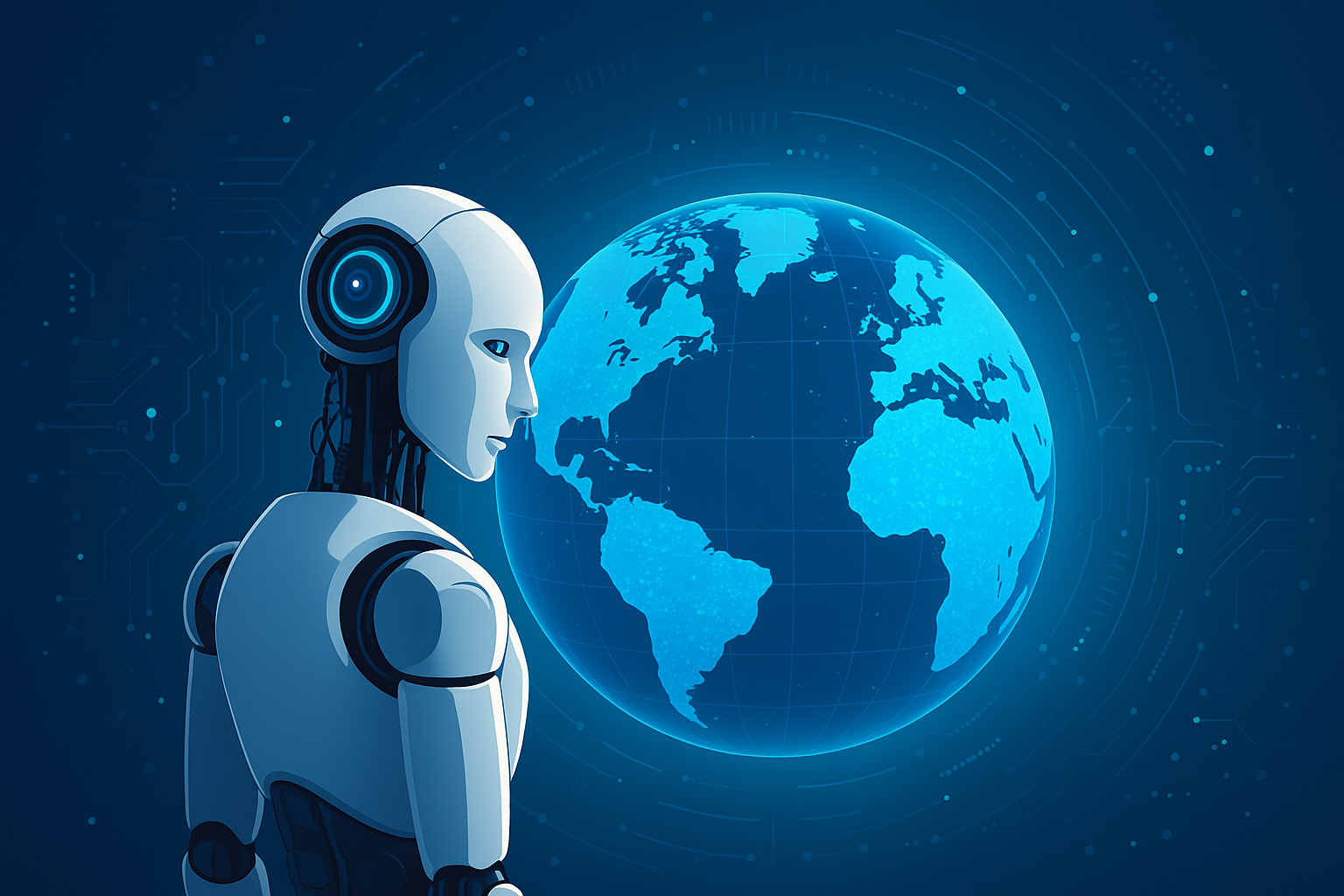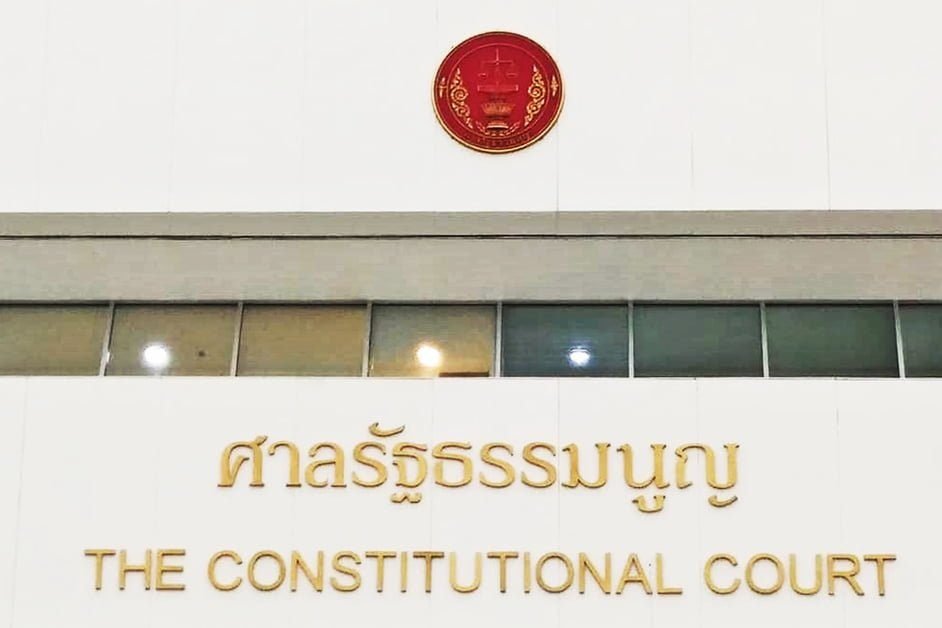AI and Its Impact on the Future World
By Siam Times Research Team
Artificial Intelligence (AI) is rapidly transforming the modern world. From intelligent chatbots to autonomous vehicles, AI is revolutionizing the way we think, work, and live. While it brings enormous benefits, it also poses significant challenges that we must address proactively.
Positive Impacts of AI
- Improved Efficiency and Accuracy
For example, AI systems can analyze CT scans and detect brain abnormalities faster and more accurately than human doctors. - Boosting the Digital Economy
Retail businesses are leveraging AI to predict customer behavior and provide personalized marketing, driving significant revenue growth. - Solving Global Problems
AI helps monitor climate change via satellite data and models disaster patterns to improve early warning systems.
Negative Impacts of AI
- Job Displacement
Jobs involving repetitive tasks—such as data entry, driving, or banking services—are increasingly being automated. - Privacy and Security Risks
The large-scale data required to train AI systems can be misused if not governed properly, raising ethical concerns. - Technological Inequality
Developed countries and tech giants gain greater advantages, potentially widening the gap between the “AI haves” and “have-nots.”
The Ethics of AI
One central question remains: “How far should AI be allowed to decide for us?” Biased training data can lead to discriminatory outcomes in areas like recruitment or financial lending. Transparency and accountability are crucial.
Conclusion and Future Outlook
AI is not the enemy—it is a powerful tool. Humans must focus on skills that AI cannot yet replicate, such as creativity, contextual understanding, and ethics. Moreover, we need global cooperation to set rules that ensure safe AI development.
“The future of AI reflects the decisions we make today.”






